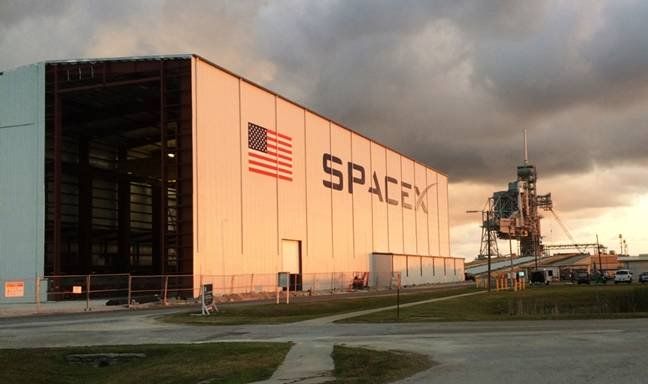The scary truth about cyber security that you wish you’d known. 15 alarming cyber security facts and statistics for 2019.


Israeli researchers uncovered a novel way that hackers could steal sensitive data from a highly secured computer: by tapping into the vibrations from a cooling system fan.
Lead cyber-security researcher Mordechai Guri at Ben-Gurion University of the Negev said data encoded by hackers into fan vibrations could be transmitted to a smartphone placed in the vicinity of the targeted computer.
“We observe that computers vibrate at a frequency correlated to the rotation speed of their internal fans,” Guri said. Malware can control computer vibrations by manipulating internal fan speeds, he explained. “These inaudible vibrations affect the entire structure on which the computer is placed.”


#Hackers are seeking to exploit the roll-out of government financial relief plans to fill their own pockets at the expense of businesses and affected workers, Israeli cyber researchers have revealed.
Hackers are exploiting the rollout of governmental financial relief to fill their pockets at the expense of businesses and affected workers, according to Israeli cyber researchers.
In recent weeks, governments have sought to ease cash-flow shortages and avoid a recession with ambitious stimulus packages and grants to households, including a massive $2 trillion economic package in the United States.
According to researchers at Israeli cybersecurity giant Check Point, a major increase in malicious and suspicious domains related to relief packages has been registered in recent weeks. The hackers aim to scam individuals into providing personal information, thereby stealing money or committing fraud.
“To do this, they are evolving the scam and phishing techniques that they have been using successfully since the start of the pandemic in January,” the researchers wrote in a recent report.


Just like a virus hijacks your cells and forces them to churn out more copies of the virus, this vaccine is expected to automate the production of those particles, which B-cells and T-cells — the biological hunter-seekers of the immune system — can use to ready themselves to fight the real-deal coronavirus.
The main difference between this sort of DNA-based vaccine and a traditional one, Slavcev told Futurism, is that it relies on the person’s cells to create the mock virus instead of merely exposing them to an inert version of the real virus.
“Personal genetics only has to do with how the vaccine is presented,” Slavcev told Futurism, regarding the decision to develop a DNA-based vaccine. “There is some variation between individuals and populations, but in this case the DNA is just to improve immune response and make it mimic a viral infection as closely as possible to stimulate the most effective immune response.”

Scam alert.
THOMASTON, Me. (WSET) — Police are warning cell phone users of a new text message scam during the coronavirus pandemic. The Thomaston Police Department in Maine posted on Facebook a photo of the alert being sent to people in a text message. The message was sent to someone in Maine from an Indiana area code telling them they need to self-isolate because they came in contact with someone who tested positive or has shown symptoms for coronavirus. The alert also tells you to get tested.

As millions of employees are suddenly working from home, computer security threats are on the rise. The sudden rush to set up home offices means many users working on insufficiently protected devices are exposing businesses to unprecedented new exposure to malicious hackers.
“While the world is grinding to a halt, cyber-attacks are on the rise, preying on public fear and anxiety,” says Yenni Tim, researcher of Cybersecurity at the University of New South Wales Business School in Sydney, Australia.
In an effort to combat security threats, Dell Technologies last week released a utility that will protect one of the most sensitive components of a computer, the BIOS. Frequently the target of the most malicious malware assaults, the BIOS oversees critical computer processes, from boot-up to system configuration parameters.

